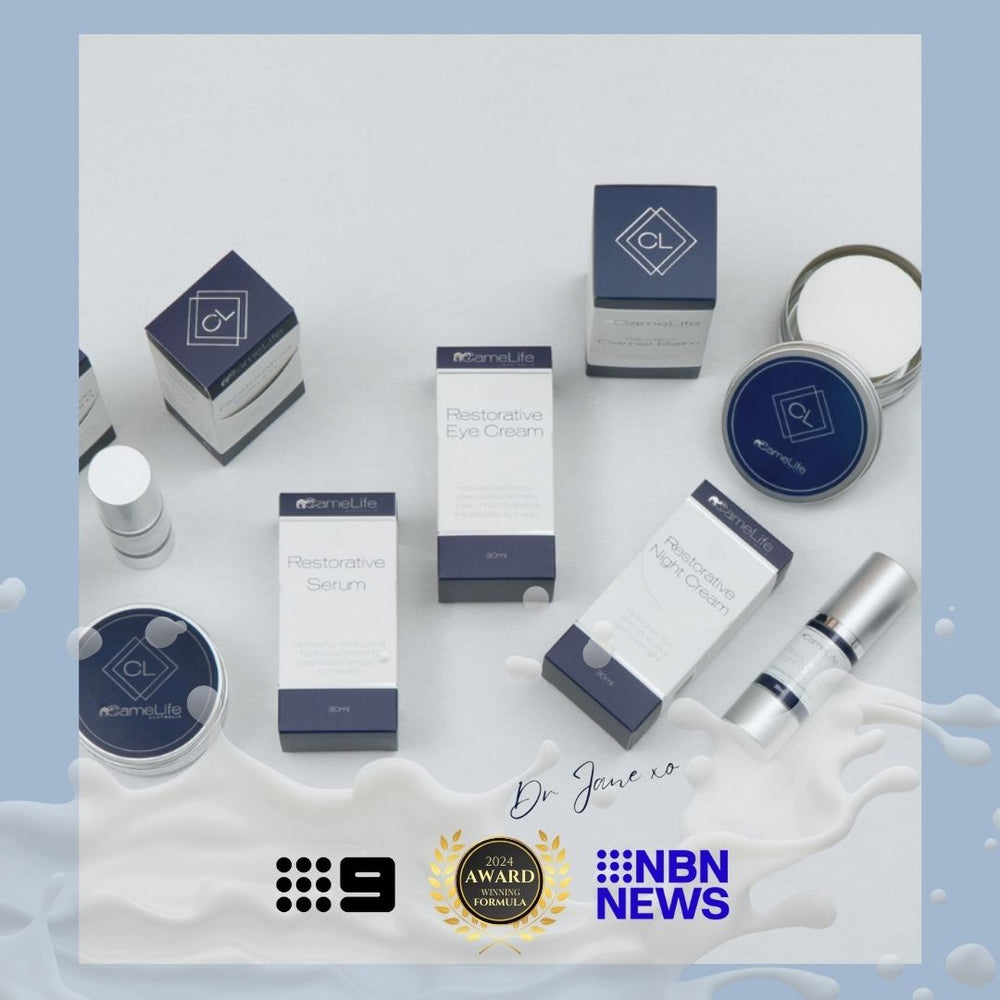THE SCIENCE BEHIND SKIN AGEING
Your skin ages naturally throughout your life, but normal daily life often stresses your skin and accelerates natural skin ageing. Stressors can include what you eat, sun exposure, the chemicals you use every day, your cosmetics, free radicals, smoke and pollutants.
To slow down the natural skin ageing process, you need to minimise or eliminate external stressors and implement a skincare regimes specifically aimed at mitigating the skin ageing process.
NATURAL AGEING

Collagen and elastin are the key structural proteins that keep your skin looking youthful. Collagen creates the scaffold for your skin cells, giving it shape. Elastin provides elasticity and allows our skin to bounce back. Young skin has a higher collagen and elastin content, particularly of Collagen III, sometimes known as “youth collagen.” As you age, collagen and elastin decrease naturally. By the time you are in your late 30s, half of your skin’s elastin has gone.
With the disappearance of collagen and elastin, older skin loses its structural support and becomes wrinkled and saggy, so use skincare products that stimulate collagen and elastin production. Camel milk naturally stimulates the production of both collagen and elastin, but CameLife products also include other anti-ageing ingredients. The highly absorbent nature of camel milk enhances the effects of these ingredients in what is known as an “entourage” effect.
PHOTO-AGEING
Photo-ageing is the premature ageing of your skin caused by repeated exposure to ultra-violet radiation. Repeated sun exposure can cause age spots and continued tanning can accelerate photo-ageing. The early signs of photo-ageing include the appearance of fine lines and wrinkles around your eyes, mouth and forehead. Skin spots, such as freckles, or uneven skin colouring are also signs.
The best way to prevent and treat photo-ageing is to implement a skincare regime that protects from the sun’s harmful rays. Being sun-safe is obviously vita;; always use a high SPF sunscreen when out in the sun. But it's also vital to cleanse away sunscreens when you come indoors as they contain ingredients that can cause harm over long periods of contact. Using skincare products that actively mitigate the effects of photo-ageing can deliver remarkable effects.

OXIDATIVE STRESS AND ANTI-OXIDANTS

Free radicals are a major source of ageing; a build-up of free radicals over time will speed up the ageing process. Free radical form when oxygen molecules in the body split into individual unstable atoms, a process that is caused by sun exposure and exposure to toxins and that can cascade in a chain reaction causing cellular damage and oxidative stress. Genetics and the environment influence how much damage free radicals cause individuals. Free radicals occur as part of normal biological processes in the body, particularly when you exercise and digest food to produce energy. They are counteracted by antioxidants which scavenge or decompose them. As your body ages, it is less able to fight free radicals and more free radicals mean more oxidative stress, more damage to cells contributing and more degeneration.
If you want to mitigate the effect of free radical damage, an anti-oxidant rich skincare regime is essential. Vitamin C is an absolute skincare hero; a powerful ant-oxidant that is vital for counteracting free radicals in the body and especially the skin.
HYALURONIC ACID
Healthy skin is properly hydrated skin and that means you hyaluronic acid levels need to be right. Hyaluronic Acid is found naturally in your body, with the highest volume found in your skin and the highest concentrations found in your eyes and joints. It's critical to your body's ability move and control water; it's a viscous, gooey gel-like substance that can absorb up to 1000 times its weight in water. Your body contains about 15 grams of the gel, but about a third of that gets degraded and replaced by newly synthesised acid every day.
As you age, you don't produce enough hyaluronic acid to replace that which is degraded and your body's ability to hydrate your skin declines. That's one reason why older skin is drier and more prone to flaking. If your skin is becoming dry, adding hyaluronic acid to your skincare regime is essential.

SKIN-FRIENDLY FATTY ACIDS

Fatty acids keep your skin soft and smooth, fighting inflammation, and maintaining good skin health. Some, like gamma-linolenic acid, have been shown to be effective in the treatment of common skin ailments such as rosacea, psoriasis, eczema, dryness and acne.
Your body can’t make essential fatty acids; they must be obtained from food or supplements. The key is balance. Our diets often provide more than ten times the amount of certain Omega-6s than Omega-3s, because Omega-6s are found in many processed foods, red meat, eggs and most vegetable oils. That imbalance negatively affects your skin, but is can also contribute to long-term diseases, including heart disease, cancer, asthma, arthritis and depression. A balanced diet high in the right fatty acids will significantly improve your skin health over time, but what if you could directly target your skin with the Essential Fatty Acids that it needs?
MINERALS
We all know that vitamins and minerals are important for our health. Australians are global leaders in consuming dietary supplements. We fill our fridges with leafy greens, bright berries and other nutrient-dense foods, but what about skincare minerals? Did you know that trace elements are a key factor in your skin’s health too?
There are around 16 minerals thought to be essential to human health. Some of these are only required in trace amounts, and in most cases we can get the recommended dose through diet alone.These so-called “essential” minerals play a role in healthy skin development and function. However, there are a few, like zinc, manganese and copper, which are critical skincare minerals particularly key for cultivating a clear, glowing complexion.

THE MAGIC OF CAMEL MILK
And that brings us to what we call The Magic of Camel Milk. Because camel milk is packed with Vitamin C, it contains lots of omega fatty acids, it's very finely homogenised fat globules mean it can penetrate your dermis taking with it any premium skincare ingredients that we have added.
Camel milk is the perfect, natural base for cosmetics, cosmeceuticals and treatment creams because it contains many of the vital components of good skincare. All we do is magnify its benefits by adding other critical skincare ingredients. Camel milk skincare really does work!







